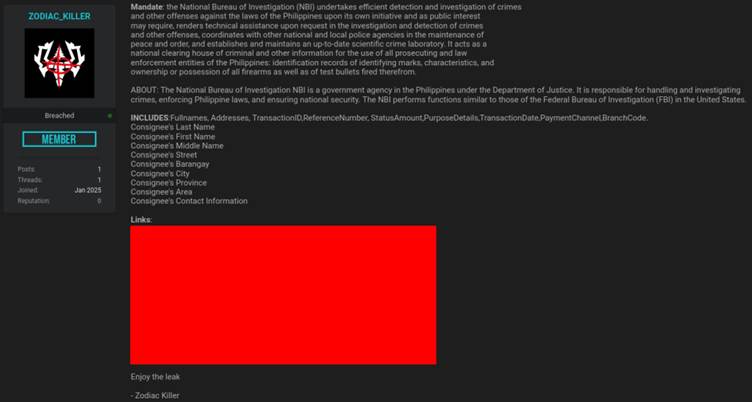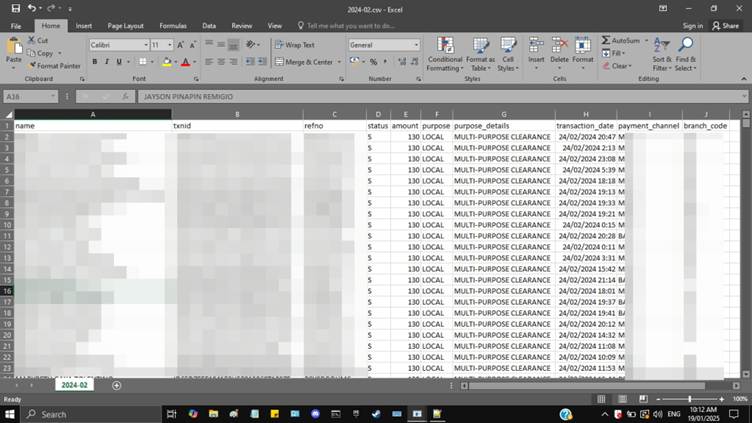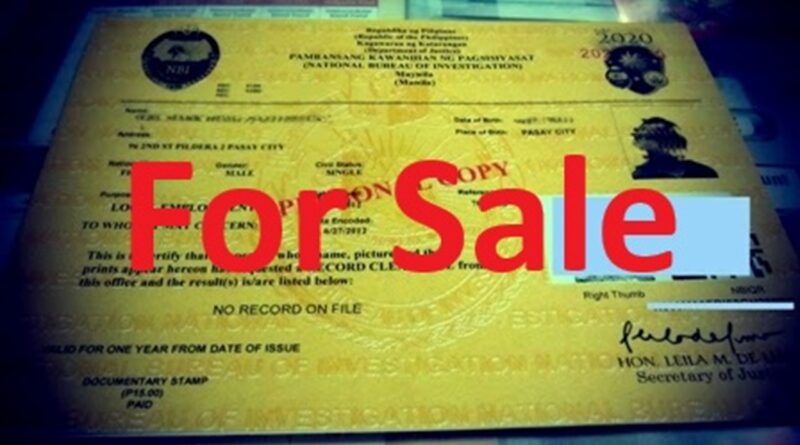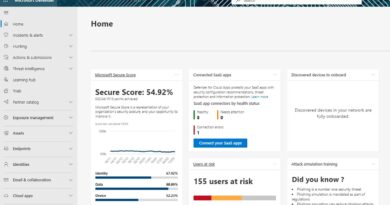NBI Data Breach Exposes Millions of Filipino Records
MANILA, PHILIPPINES —The National Bureau of Investigation (NBI), the Philippines’ premier investigative agency, has suffered a major cybersecurity breach that potentially exposes the personal and financial data of millions of Filipinos. The breach was publicly claimed by a dark web user known as “Zodiac Killer,” who announced the leak of an extensive database spanning from 2016 to 2024, containing over 45 million records totaling around 3.6 gigabytes of sensitive information.

The Dark Web Leak Unveiled
According to reports by Kukublan, the leaked data reportedly includes full names, home addresses down to the barangay level, contact information, and transaction details such as IDs, dates, and purposes. The attacker also shared password-protected archives allegedly containing sensitive NBI records. These files seem to have originated from internal systems related to NBI clearance processing and financial transactions, indicating a deep compromise of critical systems.

Who Is the “Zodiac Killer”?
“Zodiac Killer” is a new actor on the dark web scene, having created their account just this January 2025. So far, this breach appears to be their only post, but its impact has already sent shockwaves through the cybersecurity community. The nature of the leaked data strongly suggests the attacker gained access to internal systems responsible for managing clearance issuance and background checks.
The Fallout Could Be Serious
If confirmed, this breach could have far-reaching consequences, putting millions at risk of identity theft, financial fraud, and other cybercrimes. Since NBI clearance data is widely used for employment, travel, and legal filings, the leaked information is extremely valuable to cybercriminals. This makes the incident more than just a data leak — it’s a gateway for potentially massive fraudulent activities and scams.
Government Response and Public Concerns
At the time of this report, the NBI has remained silent, which has frustrated the public and cybersecurity experts alike. There is mounting pressure on government officials to provide transparency, implement damage control, and bolster digital defenses to prevent future incidents. The silence only raises questions about the readiness of critical institutions to handle such cyber threats.
What Filipinos Should Do Now
Experts are urging those affected by the breach to vigilantly monitor their bank accounts and online profiles for suspicious activity. Identity protection and credit monitoring services are highly recommended to mitigate the risk of fraud. Additionally, Filipinos are advised to be cautious with unsolicited emails or phone calls, as attackers might leverage the leaked data for phishing or social engineering attacks.
Closing Thoughts
This incident highlights the urgent need to strengthen the Philippines’ cybersecurity framework, especially for vital government agencies. As cyberattacks grow in sophistication, so must the efforts to safeguard public information. The NBI breach serves as a stark reminder that no system is immune, and constant vigilance and proactive security measures are the only way forward.



